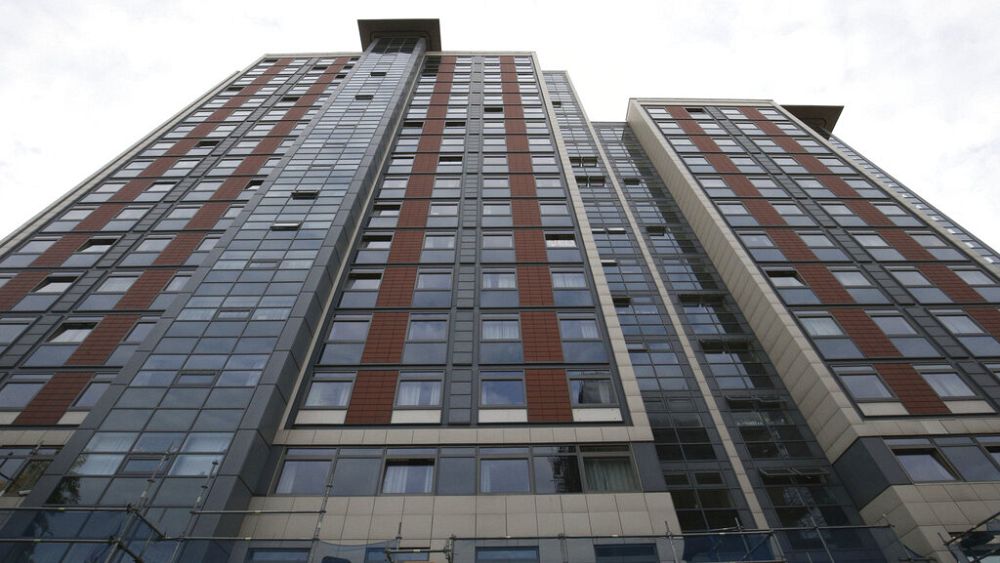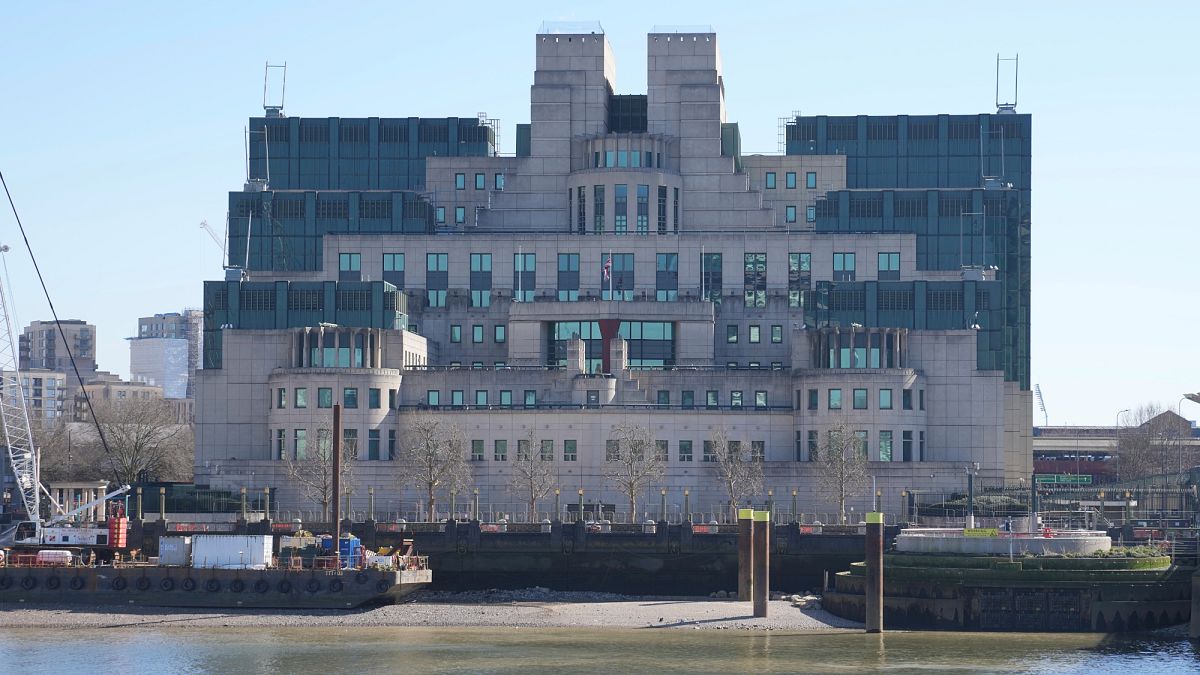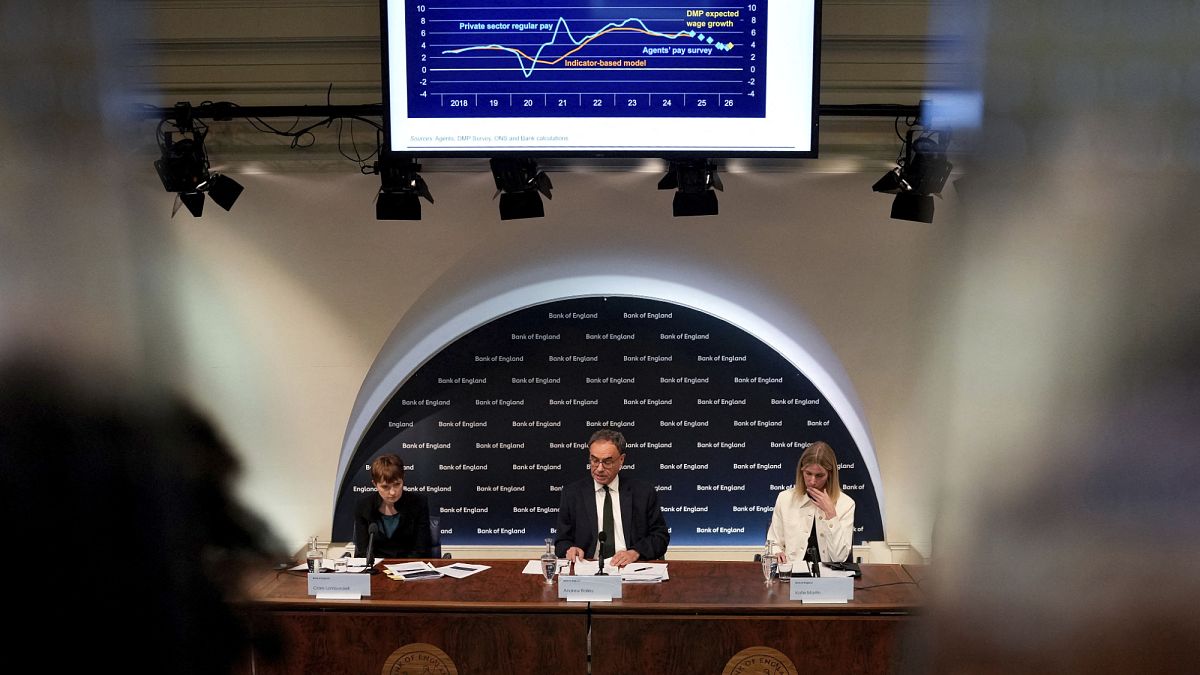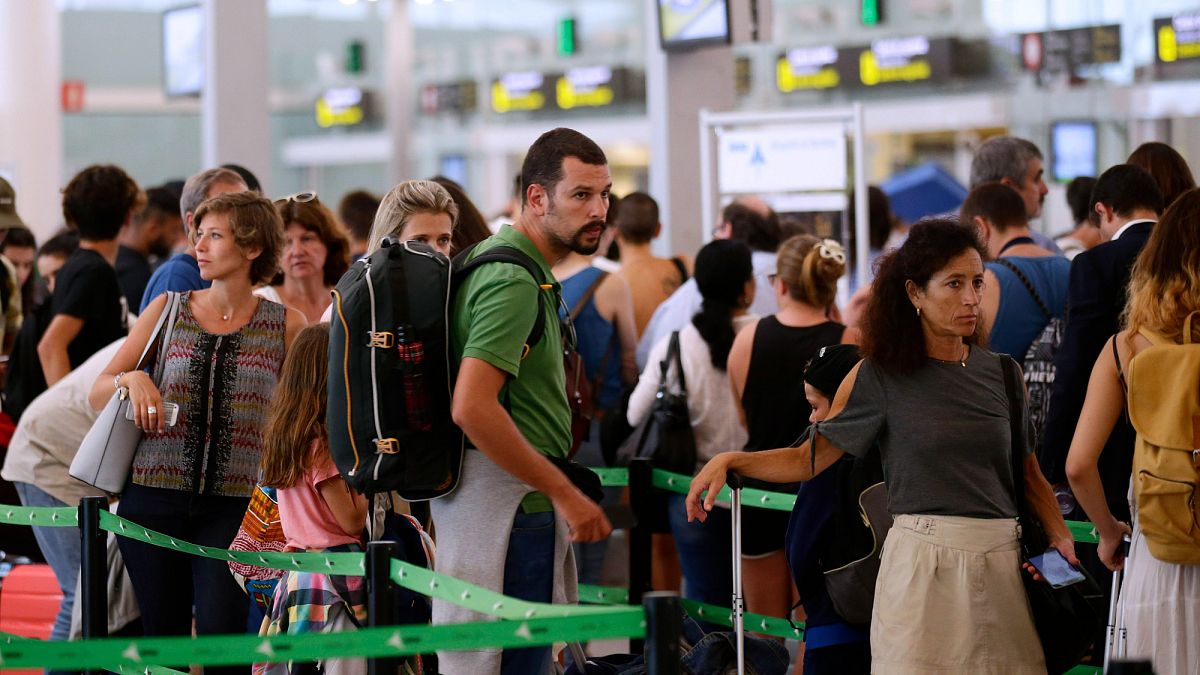It’s time to buy property in the UK, but there’s a catch

With prices falling by more than 5% in the year to September, this could be the moment to invest in real estate.
Property in the UK has become increasingly unaffordable for many buyers, but has the bubble burst?
According to the Nationwide Building Society, house prices are dropping at the most rapid pace since the middle of 2009, driven by higher mortgage rates and the ongoing strain on housing affordability for potential homebuyers.
On a monthly basis, house prices were unchanged, following a 0.8% fall in August.
The survey found that the value of a typical house fell to £257,808 (€297,575), compared to £259,153 (€299,127) the month earlier.
This drop in prices is just one facet of a complex housing landscape, influenced by various economic factors and consumer sentiment.
High rates take their toll
Last week, the Financial Times reported that those selling houses in the UK are increasingly cutting prices to secure deals, referring to data from property platform Zoopla.
Their numbers suggest that what we see now is the highest level of discounts on house prices in four years. Homes are being sold at an average discount of 4.2%, equivalent to £12,125 (€14,020) below the asking price. This discount phenomenon has been further intensified by recent increases in mortgage rates, which have pushed potential buyers to seek favourable deals.
Amidst this environment, there has been a notable surge in net borrowing of mortgage debt by UK residents, reaching £1.2 billion (€1.38 billion) in August. This surge represents the fourth consecutive monthly increase and the highest level since January 2023. Despite the challenges, buyers are still entering the market.
Net approvals for house purchases in the UK, often seen as a predictor of future borrowing trends, fell to 45,400 in August 2023, the lowest recorded figures since February. This decline can be attributed to the Bank of England’s aggressive tightening of monetary policy, which has impacted housing activity.
Approvals for remortgaging, including only those with different lenders, also plummeted to £25,000 (€28,800), reaching their lowest point since July 2012. These trends signal a cautious approach among both buyers and homeowners in the face of rising interest rates.
Taxation changes loom
The Institute for Fiscal Studies (IFS) has forecasted a significant tax rise equivalent to approximately £3,500 (€4,046) per household by the next general election. This anticipated tax hike would represent around 37% of national income, up from approximately 33% in 2019. The UK government is set to collect over £100 billion (€115.5 billion) more in tax revenues annually due to these changes.
Ben Zaranko, senior research economist at IFS, noted that this shift towards higher taxation is not solely a result of the pandemic but also reflects increased government spending, demographic shifts, healthcare pressures, and the easing of austerity measures. It is a development that could have implications for the housing market as well as the broader economy.
A ray of hope amidst price declines
Despite these challenges, there is a glimmer of hope in the UK housing market. Buyer demand has seen a resurgence, with a 12% increase in enquiries to estate agents since the August bank holiday weekend, however, this boost in demand is partially seasonal.
Consumer confidence is also on the rise, bolstered by the prospect of lower mortgage rates in the coming months.
Looking ahead
While house prices have fallen by 0.5% over the past year, with the Southeast and East of England experiencing the most significant declines at 1.5%, it is expected that prices will continue to inch lower throughout autumn. The UK housing market is projected to conclude the year with house prices approximately 2% to 3% lower than at the beginning of the year, though still 17% higher than pre-pandemic levels.
The key to revitalising the housing market may lie in lowering mortgage rates, which could enhance affordability and attract more buyers. As lenders begin to offer competitive fixed mortgage rates below 5%, there is hope that buyers will return in greater numbers, supporting sales and pricing.
The UK housing market is navigating a period of transition marked by price declines, tax changes, and shifting buyer preferences. As economic factors evolve, the market’s path forward remains uncertain, and the potential for lower mortgage rates may play a pivotal role in its recovery.
Source: Euro News















